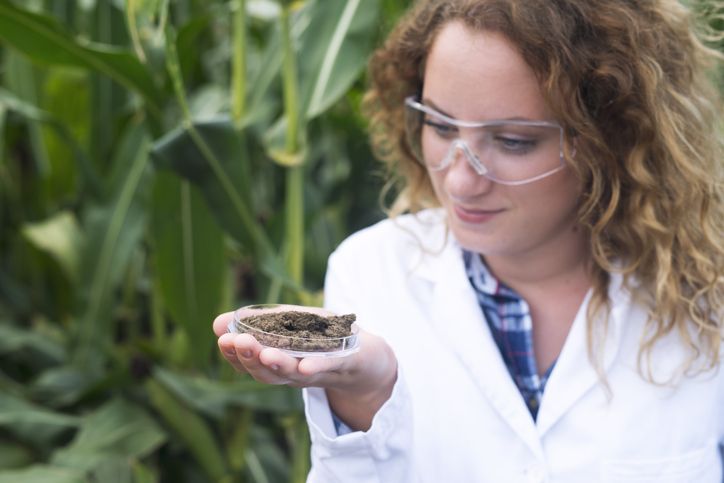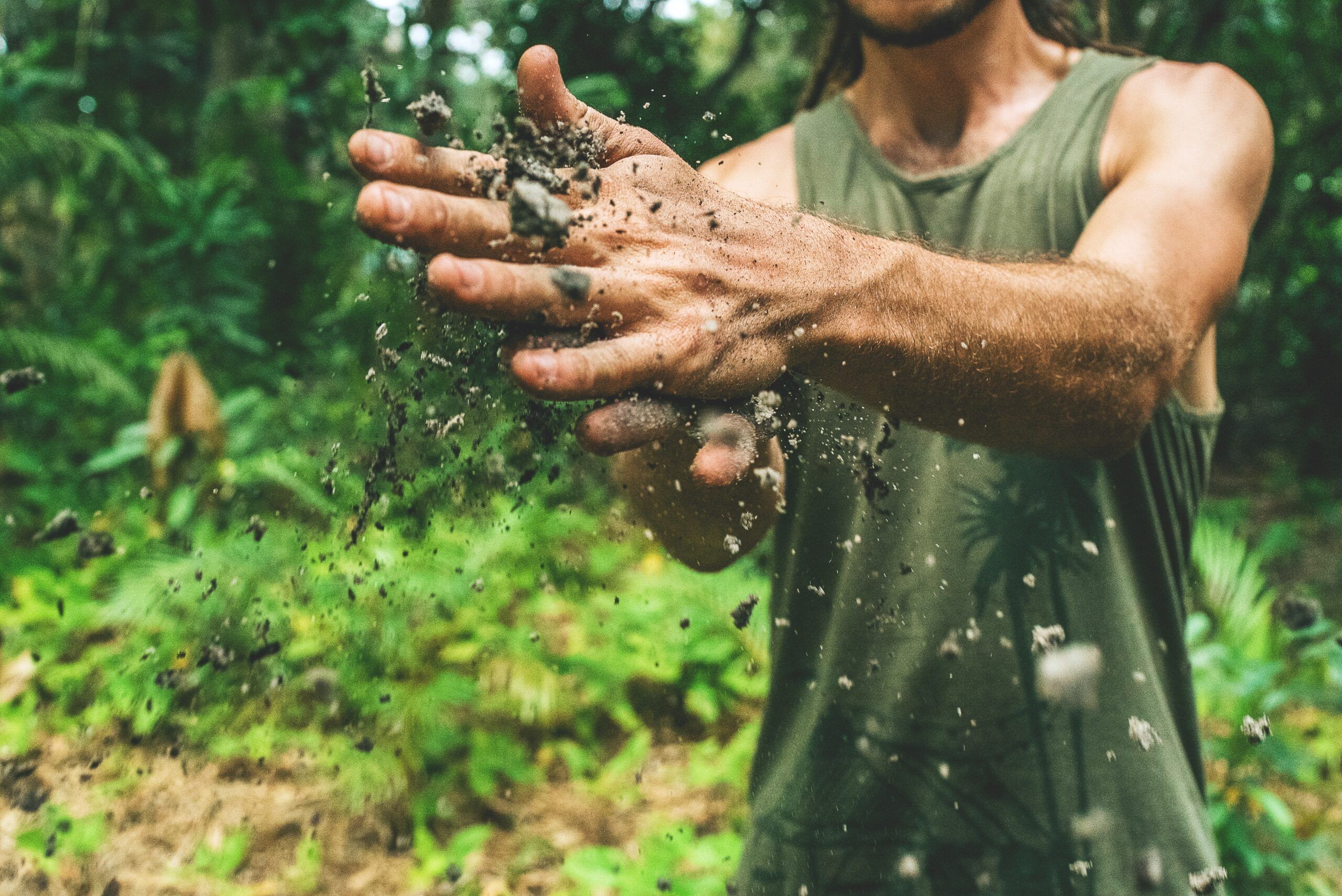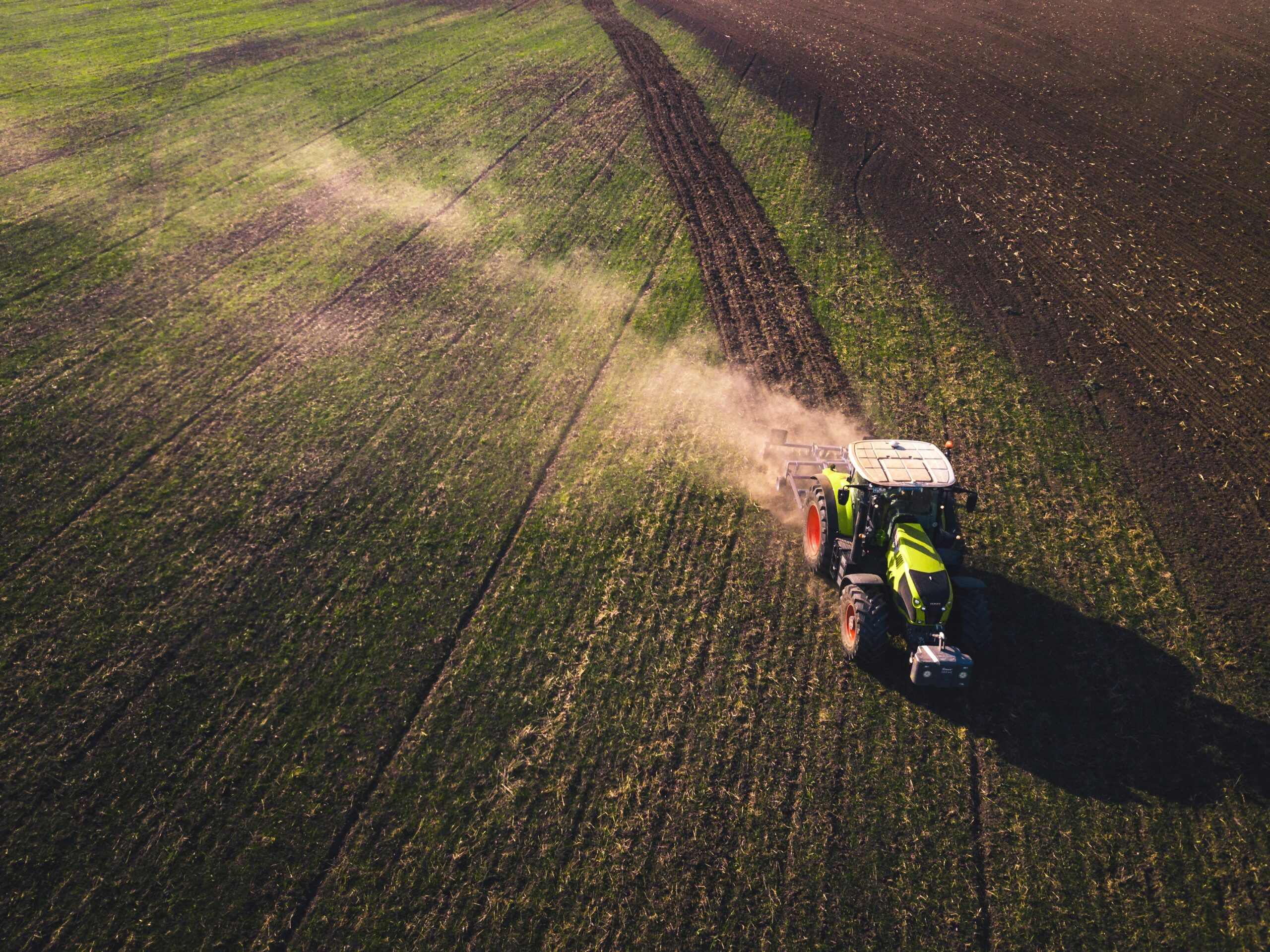Projects
Supporting innovative, cutting edge ideas, the Research Innovation Fund (RIF) provides seed grants for cross-college collaborative projects.
How do I apply?
Project Description
Media
Filters
- Project Types
- All
- Animal Health
- Aquaculture
- Automation and Robotics
- communities
- Communities/Farmers/Relations
- Computational Modeling
- Controlled Environment Agriculture
- Crop Production
- Dairy/Livestock Production
- Data Integration and Processing
- Farmers
- Farmers, Communities, Relationships
- Food Safety
- International Agriculture
- Iot and Networks
- Machine learning
- Machine Learning
- Plant Breeding
- relations
- Sensing Technology
- Soil
- Trustworthy AI
- Years
- Project Creators

Ultrasonic Imaging for Microbial Natural Products in Agriculture
Soils harbor a tremendous diversity of bacteria that serve as reservoirs for natural products beneficial to agriculture. The majority of soil bacteria are not cultivable under standard laboratory conditions using petri plates and liquid broth cultures. Two decades ago, the rise of metagenomics liberated researchers interested in natural product discovery from the constraints of microbial cultivation but innovative methods to identify bacteria capable of small molecule production are still lacking. We propose a proof-of-concept study on the application of ultrasonic chip imaging for high throughput natural product discovery based on screening of a 100kb soil metagenomic library.
Liang Cheng (GR-CALS), Primary Advisor: Jenny Kao-Kniffin (CALS), Secondary Advisor: Amit Lal (COE)

New soil robotics and sensing for soil-root phenotyping of water-use effectiveness
Soil, the microbiome, and plant roots represent a critical frontier in agricultural science and practice. The opacity, heterogeneity, and dynamic nature of soils have severely limited in situ studies, phenotyping, and precise interventions as part of soil and crop management. Here, we will develop two innovations to access real-time information about the availability and flow of water in the rhizosphere: 1) a sensing strategy to provide sub-millimeter resolution of water relations (potential, content, and conductance) within the rhizosphere, in situ; and 2) a soil-swimming robot to provide semi-autonomous exploration of the root zone with multiple sensing modalities. We will pursue experiments with our emerging capabilities guided by scientific questions about roots and rhizosphere to drive new approaches to field-based phenotyping and management of irrigation and fertigation. The technology will lead to improved management of grain, horticultural, ornamental and tree cropping systems. Our project emphasizes a systems-based, trans-disciplinary approach and seeks to enhance and apply new innovations and technology to include below-ground phenotyping (e.g. rhizosphere plant-soil interactions), sensor technology (e.g., real time soil water flux), robotics (e.g., spatio-temporal environmental sampling).
Taryn Bauerle (CALS), Robert Shepherd (COE), Mike Gore (CALS), Johannes Lehmann (CALS), Abe Stroock (COE)

Carbon farming: Combining machine intelligence, big data and process models to support this emerging sector
Restoration of soil organic carbon plays a critical role in addressing climate change while improving agricultural efficiency and reversing land degradation. However, scaling up of soil carbon sequestration is impeded by the high cost of monitoring, and by high levels of uncertainty in soil carbon predictions. Current soil organic carbon maps are based only on spatial interpolation of geographic, environmental, and climatic co-variates. As such, they do not distinguish the impacts of land management, including factors such as tillage regimes, crop rotations, crop and varietal selection, residue management, manure management, irrigation, cover crops, soil and water conservation etc. To provide an improved soil carbon maps that include these factors, we will train and validate machine learning and deep learning models using detailed spatial data on soils, vegetation, climate, and cropping practices. This project aims to create a step change in the accuracy of prediction of soil organic carbon by combining Cornell’s state-of-the-art soil mechanistic modeling with machine learning, deep learning, and spatially-explicit big data to create a “grey-box digital twin”. This will provide a platform to drive evidence-based policy and support massive scaling up of optimized investment in soil health and climate-change mitigation.
Dominic Woolf (CALS), Johannes Lehmann (CALS), Fengqi You (COE)
- ALL
- Computational Modeling
- Data Integration and Processing
- Machine Learning
- Automation and Robotics
- Sensing Technology
- Iot and Networks
- Trustworthy AI
- Plant Breeding
- Crop Production
- Controlled Environment Agriculture
- Soil
- Dairy/Livestock Production
- Aquaculture
- Food Safety
- Animal Health
- International Agriculture
- Communities/Farmers/Relations
Become a Fellow
Stay up to Date
If you have a disability and are having trouble accessing information on this website or need materials in an alternate format, contact [email protected] for assistance.
CIDA Copyright 2023 | CIDA is an equal opportunity employer | Terms of Use | Privacy Policy